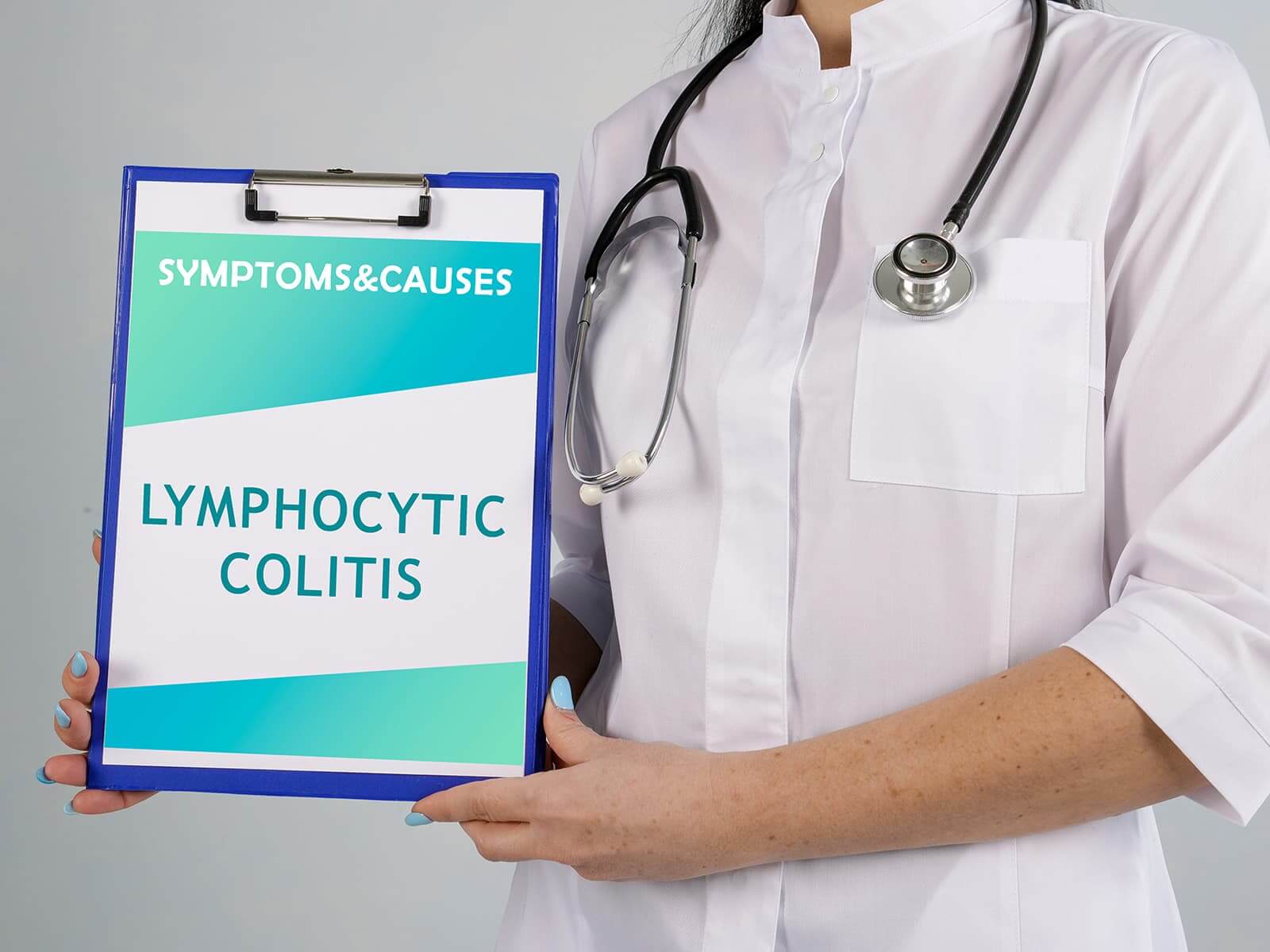
Lymphocytic colitis is a form of microscopic colitis whereby by use of a colonoscope, the colon appears normal but on a microscope, inflammation can be witnessed. It can bring about persisting, watery diarrhea, which occurs without injuring the colon wall. The precise cause is not known, but it is believed that overactive response in the lining of the colon by the immune system is the cause.
Lymphocytic colitis may cause symptoms that are different in magnitude, but which usually include:
Although it is not clear what causes lymphocytic colitis, there is a number of factors that may participate in the development of the disease:
Do not allow lymphocytic colitis to ruin your life any more. Arrange a GastroDoxs appointment in Houston. You can make our call at 832-476-1649 or make your appointment online here so we can be sure that you are making an appointment, receive your free diet PDF, and start a tailor-made program of our offer.
We've successfully treated more than 306 patients, helping individuals improve their digestive health and overall well-being through expert, personalized care.
With over 20 years of experience, GastroDoxs has been a trusted provider of gastroenterology care, focusing on delivering the best outcomes for patients
Lymphocytic colitis is a kind of microscopic colitis, the inflammation of the colon lining that can only be seen with the help of a microscope. Patients either have chronic water diarrhea that cannot damage the colon wall or are left without the damage.
The ICD-10 code for lymphocytic colitis is K52.83, which falls under the broader category of microscopic colitis.
Although lymphocytic colitis may be life-threatening, especially due to chronic diarrhea and forced discomfort in the patients, it does not pose a life-threatening condition. A majority of the patients are responsive to treatment.
The immune system also has a role to play in the lymphocytic colitis in that it is not categorized as a real auto immune disorder. Instead, it incorporates the inappropriate immune reaction that is localized in the colon.
Its specific pathophysiology is unclear, though it could be triggered by some drugs (NSAIDs, SSRIs), previous infection, colon bacteria imbalance, predilection to immune overresponse, inheritance, and tobacco smoking.
Diagnosis involves making a colonoscopy which involves actually looking at the colon (which mostly looks normal) and biopsies of the genre. On microscopic survey, the typical lymphocytic infiltration is observed.
Therapy is generally commenced by dietary changes. Anti-diarrheal drugs (as loperamide), corticosteroids (as budesonide or individual preferences), probiotics, premedication with fiber may also be introduced by the doctor depending upon the needs of a patient.
Yes. Sanction to curb symptoms can be achieved by modifying the fiber content, shunning caffeine, milk and other irritative agents. GastroDoxs has a free PDF of a diet to help you through appropriate meal diets.
An expert gastroenterologist with microscopic colitis experience-like the experts at GastroDoxs in Houston-has been able to properly identify and prescribe a development plan to you.
Our office in Houston can either be approached by calling or going to our webpage to schedule an appointment that can occur the same day or in the future. Our team is willing to guide you to deal with lymphocytic colitis and live a better life.